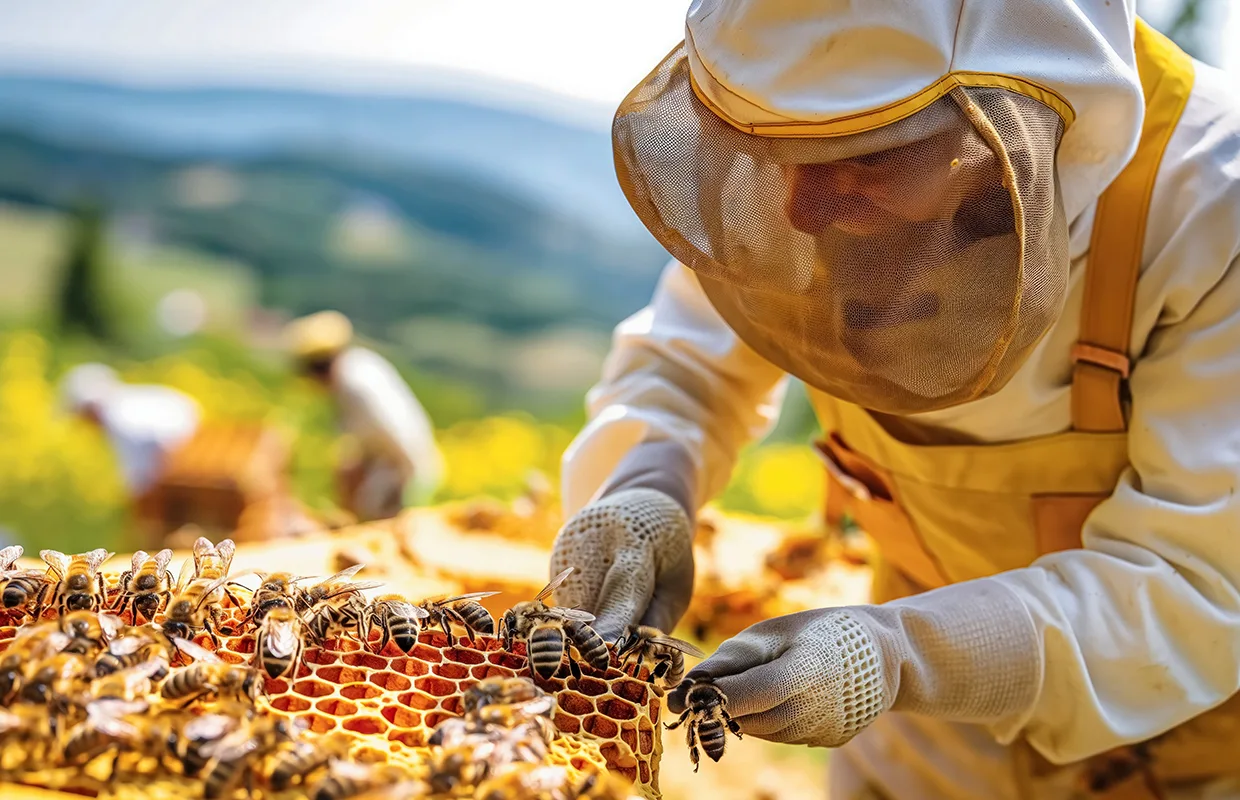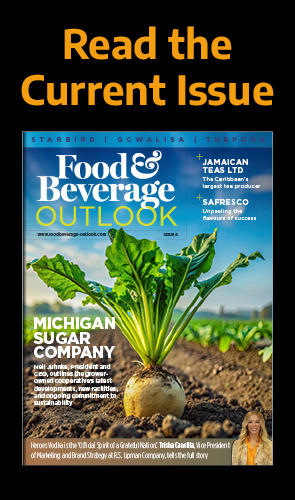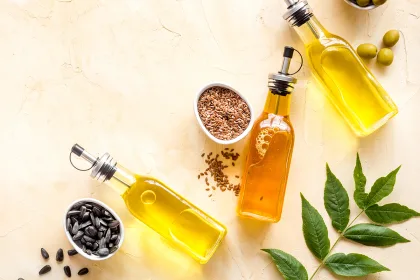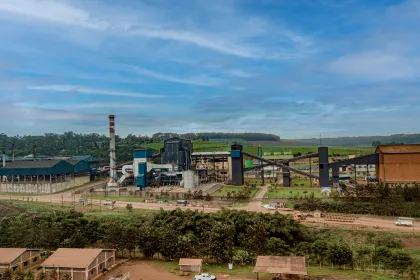Vital to life on earth, bees have historically played an integral role in food security and nutrition. As the use of industrial agricultural practices and pesticides continues to rise, protecting bees to safeguard the future of the food industry becomes increasingly important.
A CRITICAL HIVE OF ACTIVITY
Essential to the production of micronutrient-dense and vitamin-rich foods for human consumption, bees are crucial in maintaining global biodiversity, ecosystems, and the overall security and nutrition of food.
As one of the highest contributors to worldwide agriculture, pollinators such as bees bolster not only the crop yields themselves, but the employment opportunities attached to them.
Nourishing both the planet and people, bees play an essential role in feeding and supporting growing global populations, particularly those in developing countries where pollinated crops such as cocoa and coffee provide a crucial source of income for farmers.
Yet, the rising usage of pesticides in global agriculture, alongside industrial farming practices, habitat loss, and climate change, have all contributed to declining bee populations.
In fact, findings from a recent report show a 30 to 50 percent annual reduction in bee colonies across much of Europe and the US, suggesting difficulties in sustaining and regulating overall bee health.
As such, it is hoped that improved management and conservation efforts will sustain bee populations for years to come.
UN-BEE-LIVABLE VALUE
Affecting 35 percent of global crop production, bees are thought to be responsible for a large proportion of the world’s leading food sources, such as fruits, vegetables, nuts, seeds, and oils. The impact of bees on healthcare is also of note due to their contribution to the development of plant-derived medicines.
Moreover, many pollinator-dependent crops, including the likes of cashews, avocados, aubergines, sunflowers, and flax, happen to be notably more valuable than their non-pollen-dependent counterparts.
Buoyed by the globalisation of the food industry and the increasingly mainstream use of such foods, demand for these crops has sharply increased over the last 50 years by around 300 percent. As such, farmers are set to capitalise on higher profit margins.
However, it’s not only plant-based production that bees have a tangible impact on. Farmers also note the importance of certain flowers in the production of meat and dairy, for example, largely due to the dietary benefits they can provide for livestock and cattle.
Therefore, despite the involvement of bees in agriculture and food systems being relatively natural and non-deliberate, their value is unquestionable.
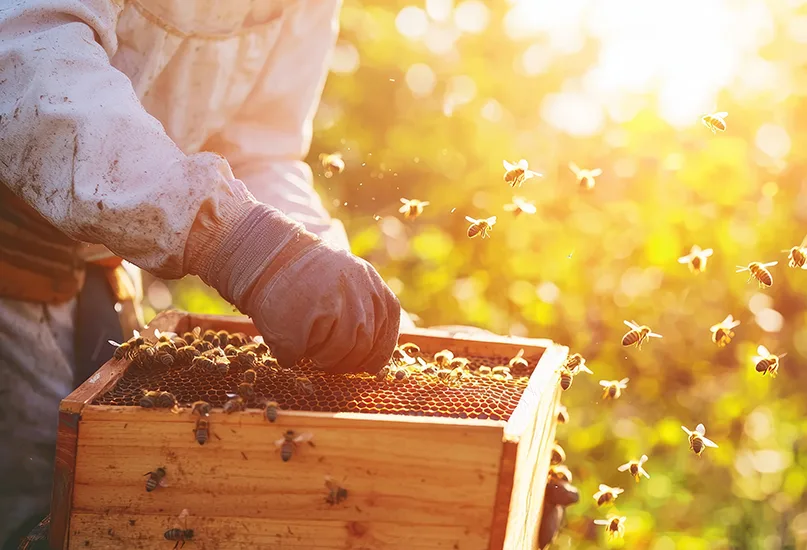
SHOW ME THE HONEY
Bees are not only indirectly responsible for bolstering the global agriculture industry, but they, of course, also have a direct role to play in the production of honey.
Used in teas, milk, or natural juices and baked into cookies and cakes, honey is well-known as a natural sweetener and a healthy replacement for artificial sugars.
Rich in nutrients, it is also known for its antibacterial and healing properties and is used in countless natural remedies.
Requiring little to no processing and minimal associated production costs, honey is arguably the small-scale farmer’s dream.
In a way, bees can be considered ‘livestock’ for such producers, without the significant price tag that comes with caring for traditional livestock such as cattle and sheep or the cost of upkeeping acres of land for them to graze on.
Therefore, bees are being utilised more frequently as an income generator for those in developing countries, as beekeeping set-up and maintenance are still relatively cheap.
It is hoped that beekeeping will sustain and support the livelihoods of such producers, even as typical products such as chocolate and coffee face problems with disease and drought.
BUZZING FOR THE FUTURE
Going forwards, there are countless measures that conservationists and beekeepers alike are putting in place to safeguard bees’ future.
By avoiding the use of pesticides in modern farming practices in favour of natural alternatives, it is hoped that overall bee health will gradually improve. Substitutes such as chrysanthemums or lavender are recommended, as they naturally deter pests from crops whilst remaining safe for bees.
Conservationists have likewise noted the negative effects of meat production on bees due to the depletion of natural habitats and damaging effects on the climate. Loss of biodiversity can severely impact ecosystems and, in turn, bee populations. As such, reducing meat consumption can aid bee conservation efforts.
Safeguarding wild, natural spaces such as forests and meadows is also highly encouraged, as diversity amongst native plants and flowers supplies bees with essential pollen and nectar, which will see them thrive. Supporting bee sanctuaries can also bolster pollination and contribute to the sustainability of local ecosystems.
It is therefore critical to protect these precious pollinators and, in turn, preserve food production for the future.
THE POWER OF POLLINATORS
A report from the Intergovernmental Science-Policy Platform on Biodiversity and Ecosystem Services (IPBES) presents key findings on how pollinators such as bees positively impact our planet. These include how:
• Pollination plays a critical role in regulating ecosystems, a process which bees majorly contribute to.
• Over 75 percent of leading global food crops rely on pollination in some way.
• In 2015, it was estimated that between five and eight percent of global crop production and yield could be directly attributed to pollination.
• Pollinator-dependent food products are essential contributors to healthy human nutrition.
• Pollinators provide value far beyond the food system, such as benefits to medicines, biofuels, textiles, and construction materials, amongst others.



